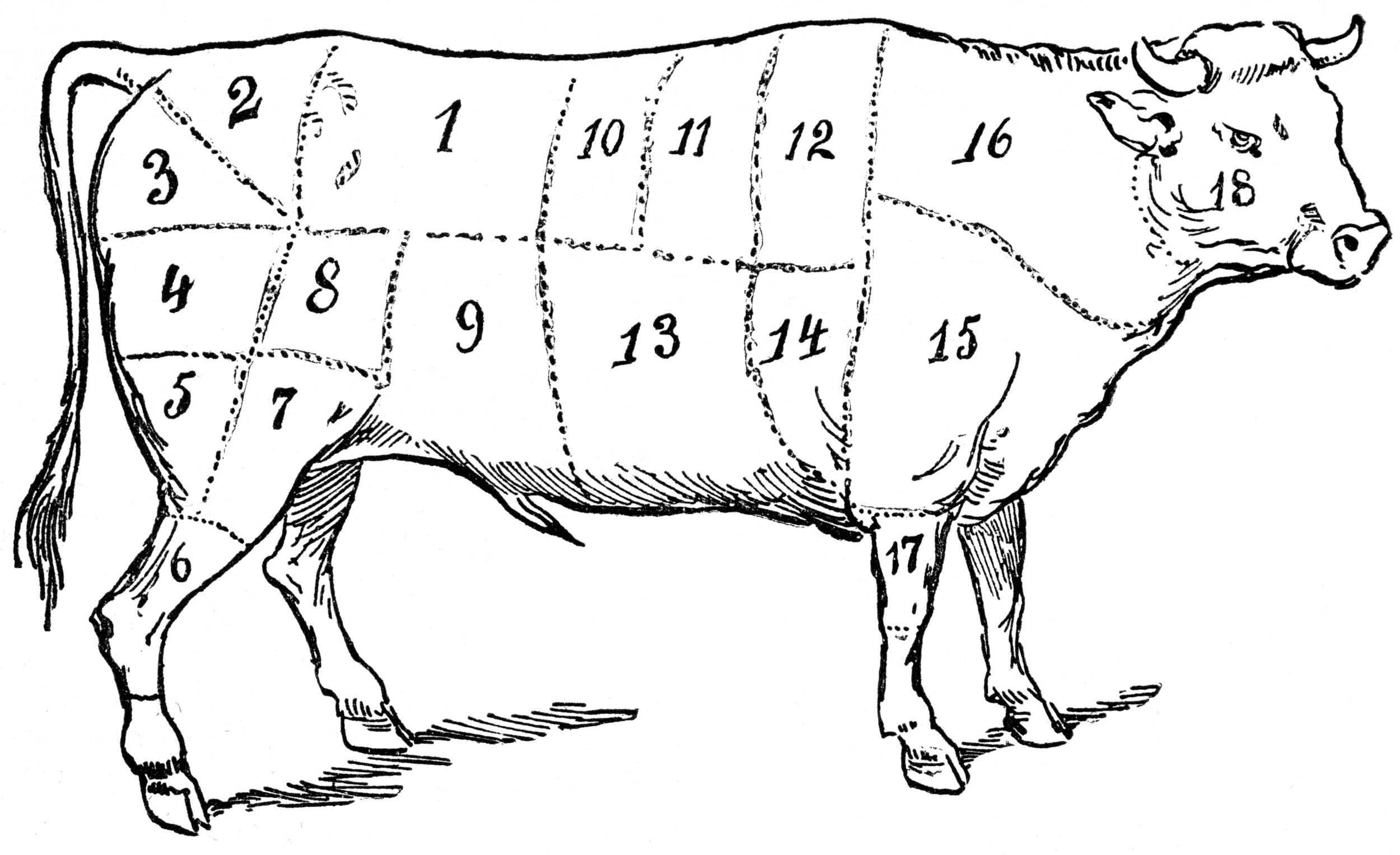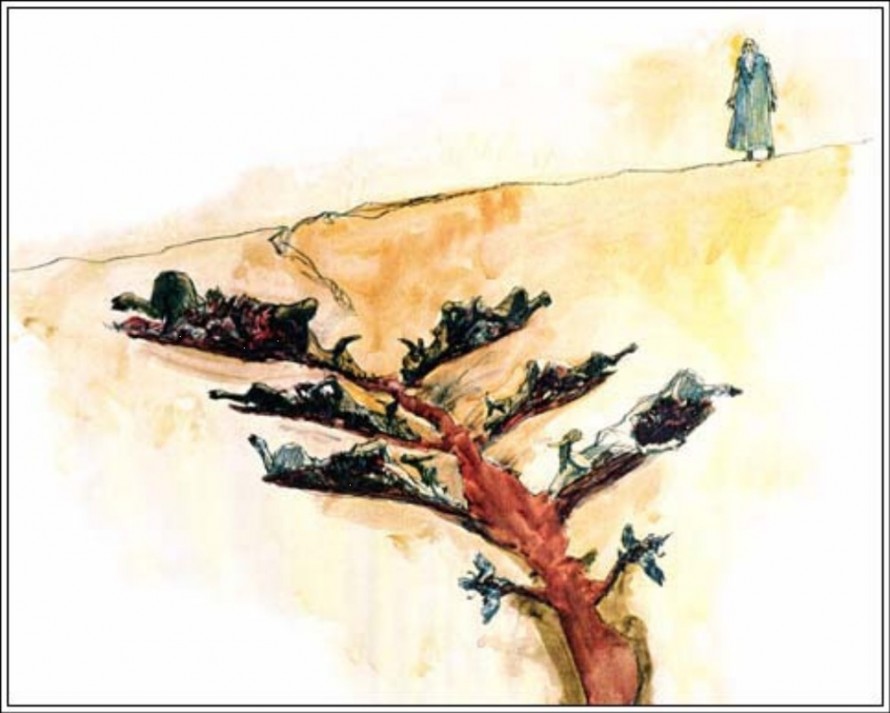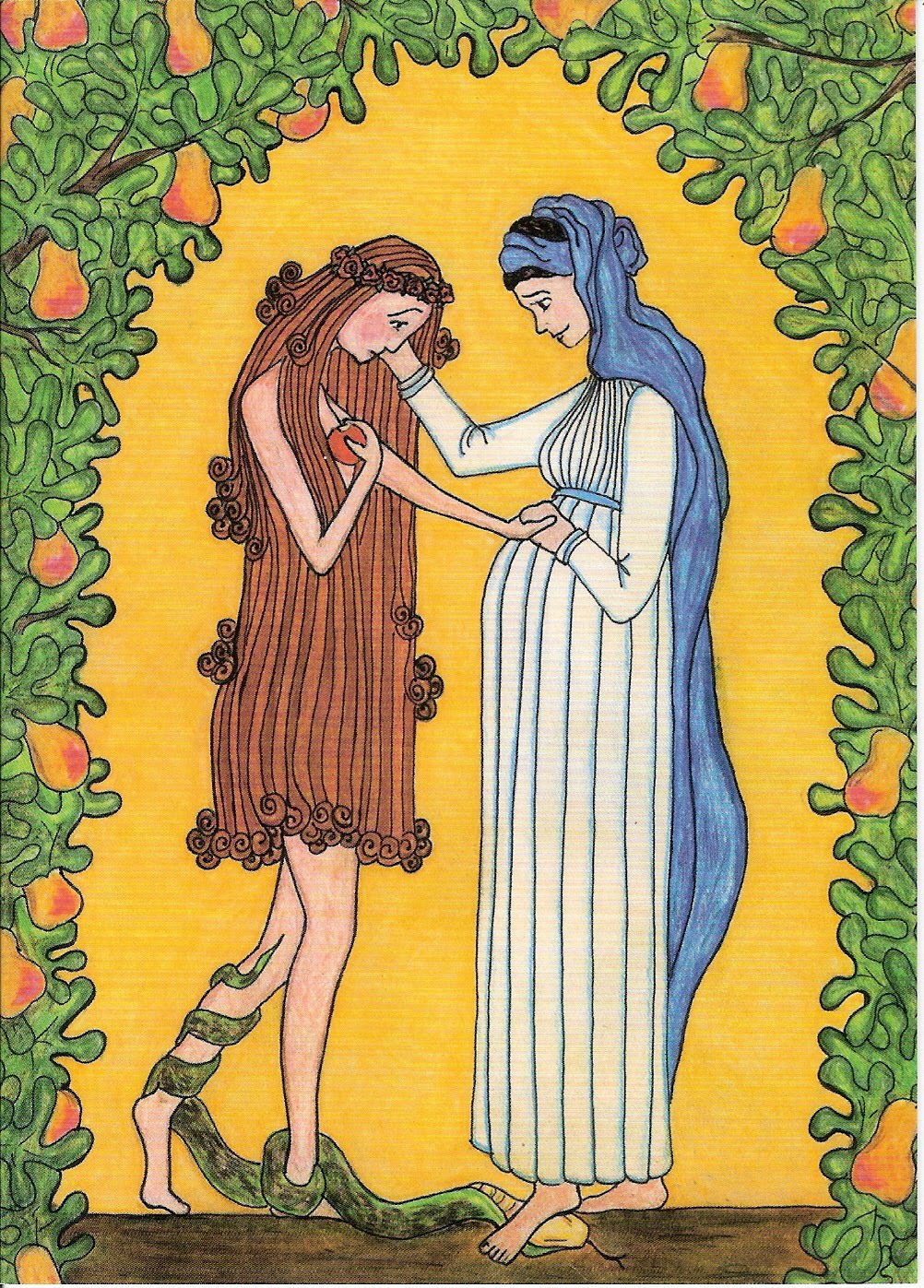Why Did God Permit the Charleston Murders?
We don't know. "We don't know" is the honest answer to any question about why God permitted Dylan Roof to murder the Charleston Nine. No one knows. But though we will never have a definitive answer this side of the grave, a strange parable Jesus tells does offer an interesting perspective on the perennial "Why?" we ask whenever innocent people suffer.
Today's Eat This Book Portion
The?Eat This Book campaign?at my church provides folks a scripture reading schedule to follow. Right now, we are reading through the Gospel of Matthew (about a half chapter a day), and today's reading comes from Matthew 13, one of my favorite passages in scripture. Reading the strange parable of the wheat and the weeds this morning has got me thinking about last week's murders in Charleston.
The Wheat and the Weeds
 Surrounded by a crowd by the shore of the?Sea of Galilee one day, Jesus told the following parable:
Surrounded by a crowd by the shore of the?Sea of Galilee one day, Jesus told the following parable:
??The kingdom of heaven may be compared to someone who sowed good seed in his field;?but while everybody was asleep, an enemy came and sowed weeds among the wheat, and then went away.So when the plants came up and bore grain, then the weeds appeared as well.And the slaves of the householder came and said to him, Master, did you not sow good seed in your field? Where, then, did these weeds come from???He answered, An enemy has done this. The slaves said to him, Then do you want us to go and gather them???But he replied, No; for in gathering the weeds you would uproot the wheat along with them.Let both of them grow together until the harvest; and at harvest time I will tell the reapers, Collect the weeds first and bind them in bundles to be burned, but gather the wheat into my barn....??Then he left the crowds and went into the house. And his disciples approached him, saying, Explain to us the parable of the weeds of the field.?He answered, The one who sows the good seed is the Son of Man;the field is the world, and the good seed are the children of the kingdom; the weeds are the children of the evil one,?and the enemy who sowed them is the devil; the harvest is the end of the age, and the reapers are angels.Just as the weeds are collected and burned up with fire, so will it be at the end of the age.The Son of Man will send his angels, and they will collect out of his kingdom all causes of sin and all evildoers,?and they will throw them into the furnace of fire, where there will be weeping and gnashing of teeth.Then the righteous will shine like the sun in the kingdom of their Father. Let anyone with ears?listen!'"(Matthew 13:24-30, 36-43)
Parables are meant to unsettle, to make you think. So go read this strange parable again, slowly. (In other words, don't scan the way you normally do on the Internet.)
Some Quick Observations
- Jesus points out that evil and good are so tightly mixed together in this world that no man or woman can perfectly separate one from another. I know this is true, because I know it is true in me.
- Jesus reminds us that, though evil seems to be growing stronger, so is good. This is an evil world, but evil is not stronger than good.
- Jesus says that, this side of Judgement Day, it is impossible to root up all the evil in the world without also destroying the good. For reasons only known to God, if there is to be good in the universe, there must also be the freedom for evil.
- Jesus makes it very clear that evil, though it seems strong today, will one day be utterly destroyed by God.
Let Me Know What You Think
I?find this parable strangely comforting. What about you? What do you think this parable is about, and how might it relate to the evil that was done in Charleston last week?

![Emmanuel AME Zion Church member Kevin Polite helps members into the church for the service on 6/21/15 [David Goldman/Getty Images].](http://static1.squarespace.com/static/5d70f59aefca59000162e4e6/5d7fcef39f682762992c8aca/5d7fcf069f682762992c8d08/1568657158071/150621123102-02-charleston-church-service-0621-super-169.jpg?format=original)




!["Butcher's Shop," by Annibale Carracci, 1580 [Wikipedia]](http://static1.squarespace.com/static/5d70f59aefca59000162e4e6/5d7fcef39f682762992c8aca/5d7fcf019f682762992c8c60/1568657153717/Annibale_Carracci_-_The_Butchers_Shop_-_Google_Art_Project.jpg?format=original)





![[http://www.africadreamsafaris.com]](http://static1.squarespace.com/static/5d70f59aefca59000162e4e6/5d7fcef39f682762992c8aca/5d7fceff9f682762992c8c31/1568657151994/Lion-Hunt-4.jpg?format=original)
